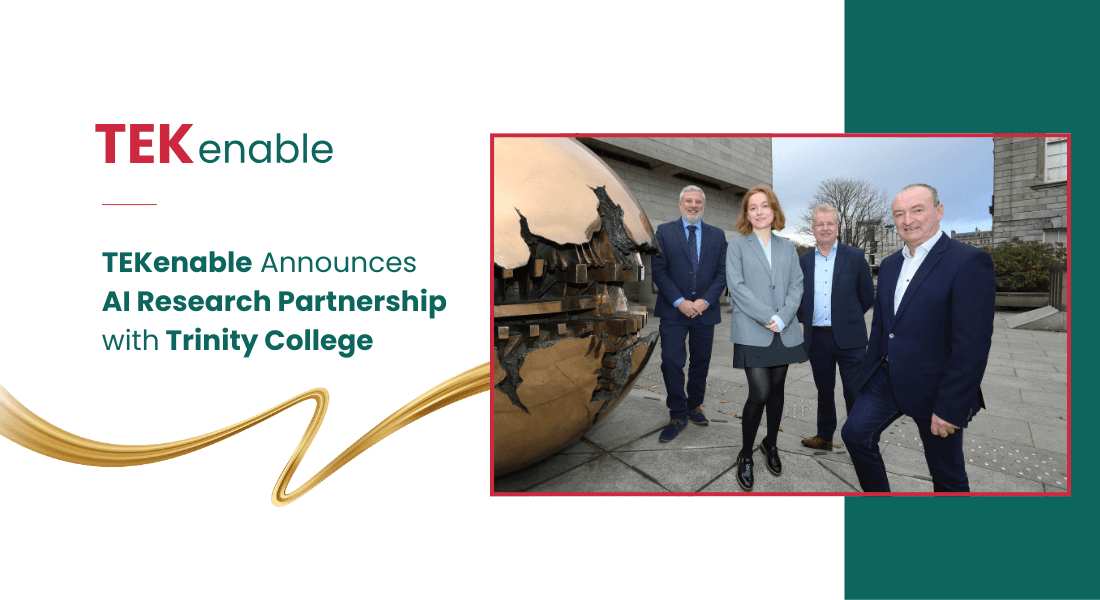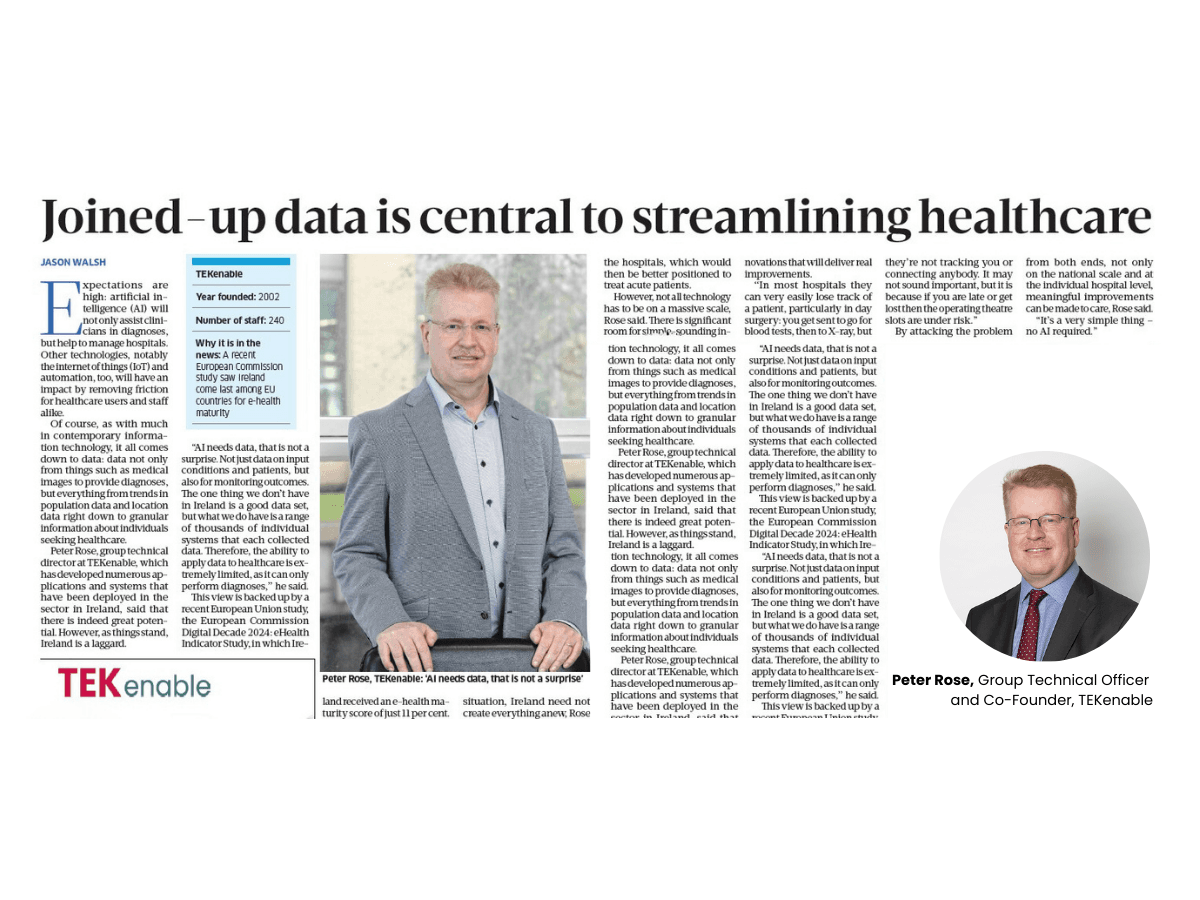AI isn’t a toy but a useful tool, and it is now available to businesses through the Azure cloud.
Technologies ebb and flow; that much is clear. Some, such as the metaverse and blockchain, appear to do more ebbing than flowing, and 2022 and 2023 have demonstrated that rarely do we know what the next big thing will be. Despite the billions poured into the aforementioned technologies, the real breakout has been artificial intelligence (AI).
Of course, the launch of OpenAI’s Generative Pre-trained Transformer (GPT) technology is the focus of attention today, with businesses wondering what, if anything, it can do for them.
It can do a lot, according to Annette Soraine, Microsoft services director at TEKenable.
“The big thing at the moment is AI, and as a Microsoft partner – Microsoft is leading the way with this – we can offer it to our customers,” she said.
In fact, TEKenable has a long history with AI, but the new tools now available are different.
“We’ve worked with AI for the last five or six years, [but] these later iterations are a massive leap forward. They are a lot more usable,” she said.
OpenAI’s GPT models, including GPT-3, are known for their ability to generate human-like text as well as perform a wide range of natural language processing tasks. By integrating OpenAI models into Azure, developers gain access to state-of-the-art language capabilities for their applications.
Crucially, this also makes GPT in Azure different from the public version on the internet.
“With Azure, OpenAI is right there within your cloud environment, and you are training it on your data. It’s not out on the internet and interfacing with other data.”
Azure Cloud now offers a comprehensive suite of tools and services designed to enable developers and organisations to build, deploy and manage AI-driven applications and solutions, Soraine said.
Azure Cognitive Services incorporates OpenAI’s models, allowing developers to leverage advanced language processing functionalities such as text generation, sentiment analysis, language translation and more, facilitating the creation of intelligent applications that can understand and generate human-like text.
In addition, by using Azure Machine Learning, developers can also deploy and manage OpenAI models at scale. This allows organisations to harness the power of OpenAI’s models for tasks like content generation, chatbots, virtual assistants and personalised recommendations, all based on data and training the organisation itself provides.
This has caught the attention of Irish business; Soraine said: “Everybody is interested, and we’re doing a lot of discovery workshops”.
Of course, AI has already proved controversial, but according to Soraine, businesses are more interested in it than afraid of it.
“Most people see it as an opportunity. For some, it may be a risk, but the majority of the conversations are about opportunities,” she said.
What those opportunities might be remains an open question, as only the most obvious applications have been dreamt up so far. As OpenAI’s reinforcement learning models can be integrated with Azure, it can enable the training and deployment of intelligent agents in all manner of domains, with some suggesting it could have an impact on areas as diverse as robotics, gaming and autonomous systems.
Even those applications people are already sure of, however, are already finding it has a transformative effect.
“We think it’s going to be extremely disruptive in the contact centre space. The ability to train it on your actual data, and even train it to your tone, is very exciting,” Soraine said.
This means AI chatbots can now be created, which is a significant leap forward from the ones hitherto seen. “We’ve all seen bots before, and some were very clunky,” Soraine said.
Despite fears of AI’s job-destroying potential, Soraine said the companies she was talking to saw it as a way of retaining and attracting staff by giving them access to advanced technology in the cloud that could perform many routine tasks for them.
“We’re also seeing customers who want to retain staff, recruit staff. It’s an employees’ market in a lot of senses, and this helps a lot,” she said.
Indeed, taking the example of insurance contracts, AI could be put to work in simplifying client interaction, leaving skilled employees to concentrate on their skilled tasks. The same could be said for accountancy and all manner of professions.
Even writers, who have perhaps expressed the most fear about AI, may find it is more of a useful tool than a threat. “Another area we are hearing about is in creating content for marketing,” Soraine said.
The text above is reproduced from the article published in Business Post on Sunday, May 21st, 2023.





